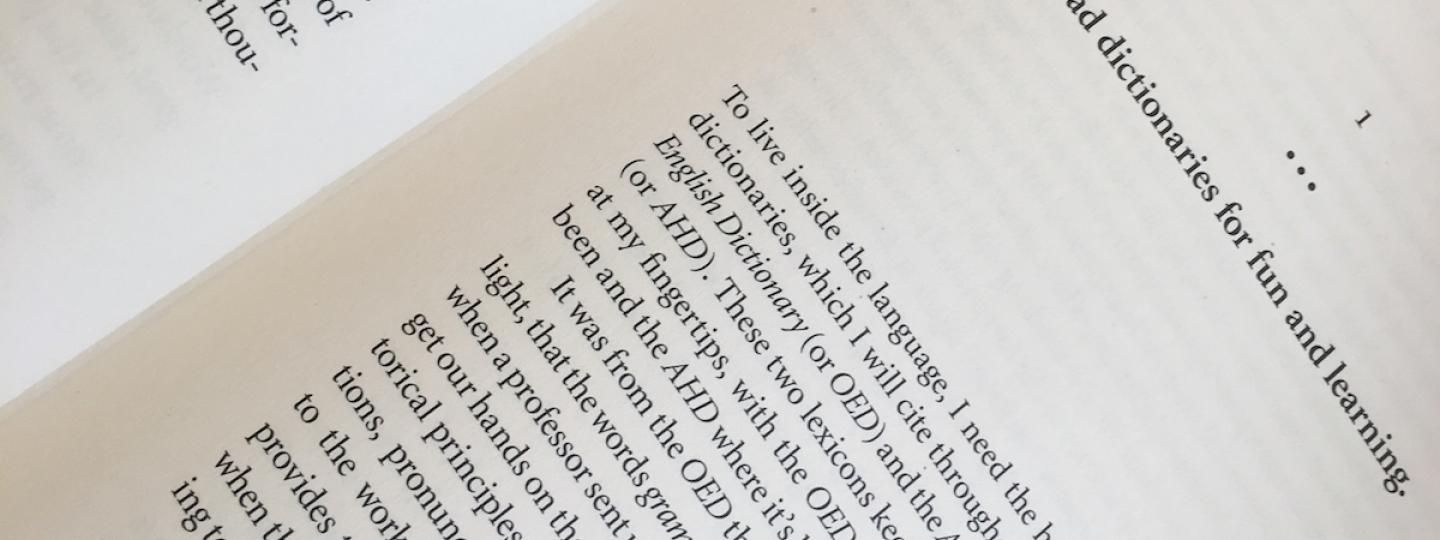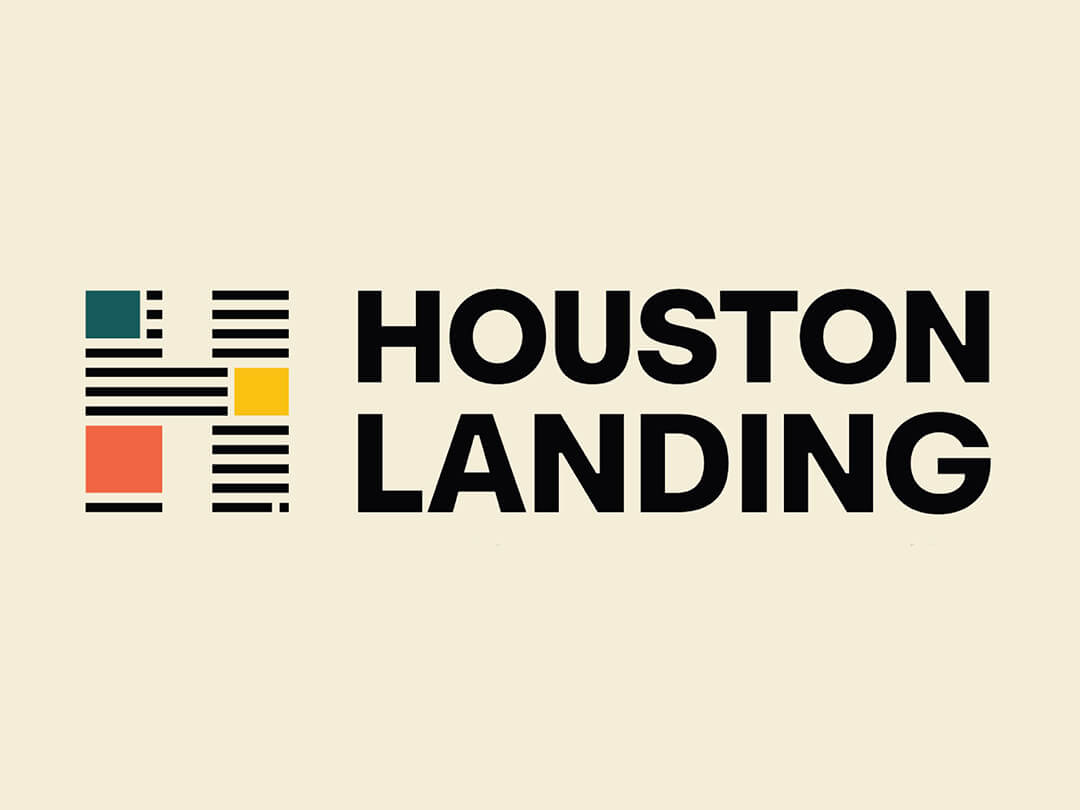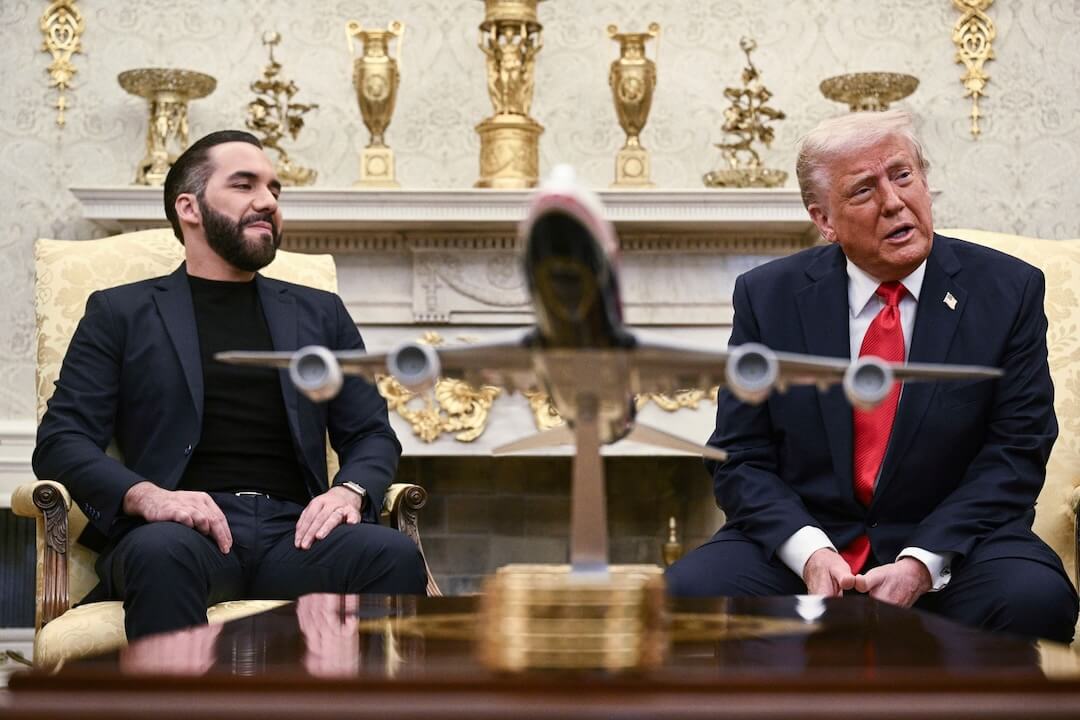The Week in Fact-Checking is a newsletter about fact-checking and accountability journalism, from Poynter's International Fact-Checking Network & the American Press Institute's Accountability Project
Fact-checking in Zimbabwe
ZimFact, a project from the Swedish Fojo Media Institute, is looking to launch in early December. But amid ongoing political turmoil in Zimbabwe following President Robert Mugabe's resignation this week, the initiative's future is still up in the air. Poynter's Daniel Funke reports from Johannesburg, South Africa.
Quote of the week
"This makes for a dangerous mix: a company that reaches most of the country every day and has the most detailed set of personal data ever assembled, but has no incentive to prevent abuse. Facebook needs to be regulated more tightly, or broken up so that no single entity controls all of its data.” — Former Facebook operations manager Sandy Parakilas in The New York Times.
How to avoid a political fight at Thanksgiving dinner
For our friends in the United States, happy Thanksgiving! PolitiFact has a cheat sheet for you to fact-check claims at the inevitable politics discussion at dinner today. It includes key facts on everything from Trump and the economy to Hillary Clinton and Obamacare.
Fact-checkers convene in South Africa
Journalists from 21 countries and four continents met in Johannesburg last week for the first annual Africa Facts conference, hosted by Africa Check. Among the topics discussed include access to data and how to cultivate a younger audience — both key issues on the continent. Africa Check also gave out fact-checking awards.

Don't put too much hope in the EU
The government body's efforts to legislate against fake news probably won't work. That's according to several experts, who say the EU's governance problems and legal restrictions in the region will likely hamper attempts to take action against online misinformation.
Want to increase reader trust? Try this
A report published this week by First Draft News found that when fact-checkers explain how rumors are verified, readers trust them more. That's just one of the key findings of the report, which measures the impact of First Draft's CrossCheck initiative on the 2016 U.S. presidential election.
Pinterest isn't just for recipes anymore
It also has plenty of conspiracy theories. Mike Caufield, director of the Digital Polarization Initiative, explains in a YouTube video.
The problem with Google's top search results
In response to many queries, the tech giant displays a single answer at the top of search results — but it's often wrong. The Wall Street Journal reports that those secret algorithms give Google even more power to shape public opinion.
Nationalism and clickbait converge in Italy
One of the country's biggest alternative media operations has been publishing anti-immigrant misinformation on Facebook. BuzzFeed reports the network of sites, which exhibit the same hyperpartisan tendencies as their U.S. counterparts, is owned by a Rome entrepreneur and cover everything from news to celebrity gossip.
9 quick fact-checking links
(1) In Southeast Asia, fake news on Facebook has life and death consequences. (2) Full Fact has created a live fact-checking prototype. (3) A new documentary traces what contributed to Trump's presidential victory, including the impact of fake news. (4) United Arab Emirates officials addressed misinformation in Dubai this week. (5) The IFCN made an appearance at the Global Investigative Journalism Conference in Johannesburg last week. (7) Facebook is telling users if they follow accounts sponsored by Russia, but the company won't say what posts people saw (h/t Mathew Ingram). (8) The Data & Society Research Center is getting $250,000 of Knight Foundation funding to launch a lab focused on fake news. (9) The prime minister of Cambodia is reportedly using fake news to maintain power.
Until next week,
Daniel, Jane, and Alexios (in spirit)
Looking for previous editions of this newsletter? You can find them here.







